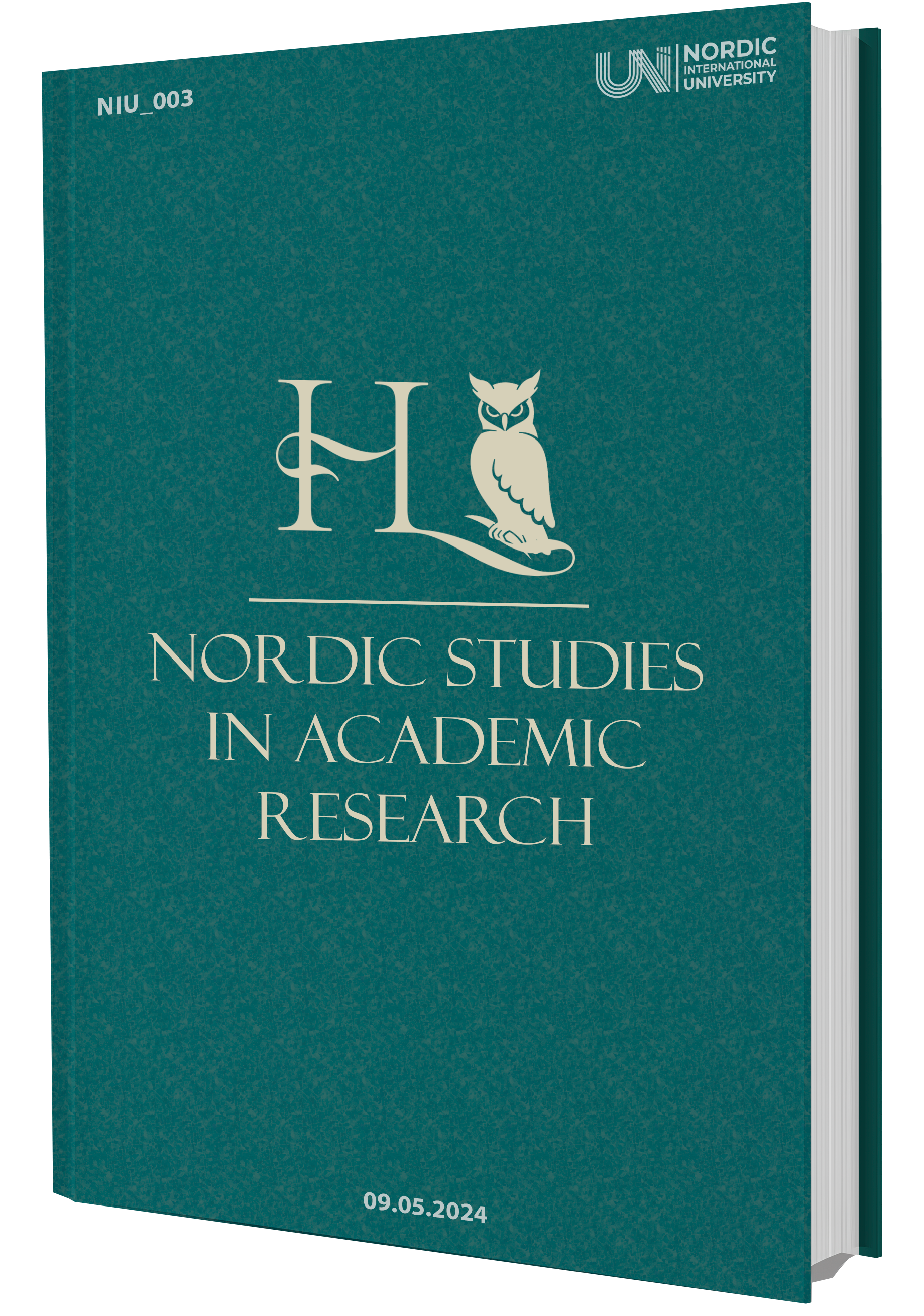The Development of Education in Central Asia During the Jadid Period (On the Example of Preschool Education)
Keywords:
Jadidism, Central Asia, Preschool Education, Usul-i Jadid, Educational Reforms, New-Method Schools, Intellectual Renewal, Child-Centered Learning, Modern Pedagogy, National Identity, Cultural Integration, Progressive Movement.Abstract
This article examines the development of education during the Jadid period in Central Asia, with a specific focus on preschool education. The Jadid movement emerged in the late 19th and early 20th centuries as a response to the need for educational and intellectual reform in Muslim societies. This progressive movement advocated for a phonetic teaching method ("usul-i jadid") and emphasized secular education, science, culture, and democratic ideals. Jadids played a significant role in establishing new-method schools and promoting cultural awareness. The movement's impact on preschool education included innovative teaching approaches and a focus on child development, providing a foundation for modern educational practices.
Downloads
Published
Issue
Section
License
Copyright (c) 2024 Marguba Khasanova

This work is licensed under a Creative Commons Attribution-NonCommercial 4.0 International License.
Litsenziya shartlari
Bu ish Creative Commons Attribution-NoCommercial 4.0 xalqaro litsenziyasi ostida litsenziyalangan. Ushbu litsenziya nusxasini koʻrish uchun http://creativecommons.org/licenses/by-nc/4.0/ saytiga tashrif buyuring yoki Creative Commons, PO Box 1866, Mountain View, CA 94042, AQShga xat yuboring.
Ushbu litsenziyaga muvofiq, siz:
Ulashish — materialni istalgan vosita yoki formatda nusxalash va qayta tarqatish
Moslashtiring - remiks qiling, o'zgartiring va materialga asoslang
Litsenziya shartlariga rioya qilgan holda litsenziar ushbu erkinliklarni bekor qila olmaydi. Quyidagi shartlar asosida:
Atribut - Siz tegishli kredit berishingiz, litsenziyaga havolani taqdim etishingiz va o'zgartirishlar kiritilganligini ko'rsatishingiz kerak. Siz buni har qanday oqilona yo'l bilan qilishingiz mumkin, lekin litsenziar sizni yoki sizning foydalanishingizni ma'qullashini taklif qiladigan tarzda emas.
Notijorat - Siz materialdan tijorat maqsadlarida foydalana olmaysiz.
Hech qanday qo'shimcha cheklovlar yo'q - Siz boshqalarga litsenziya ruxsat bergan har qanday harakatni qonuniy ravishda cheklaydigan qonuniy shartlar yoki texnologik choralarni qo'llay olmaysiz.





